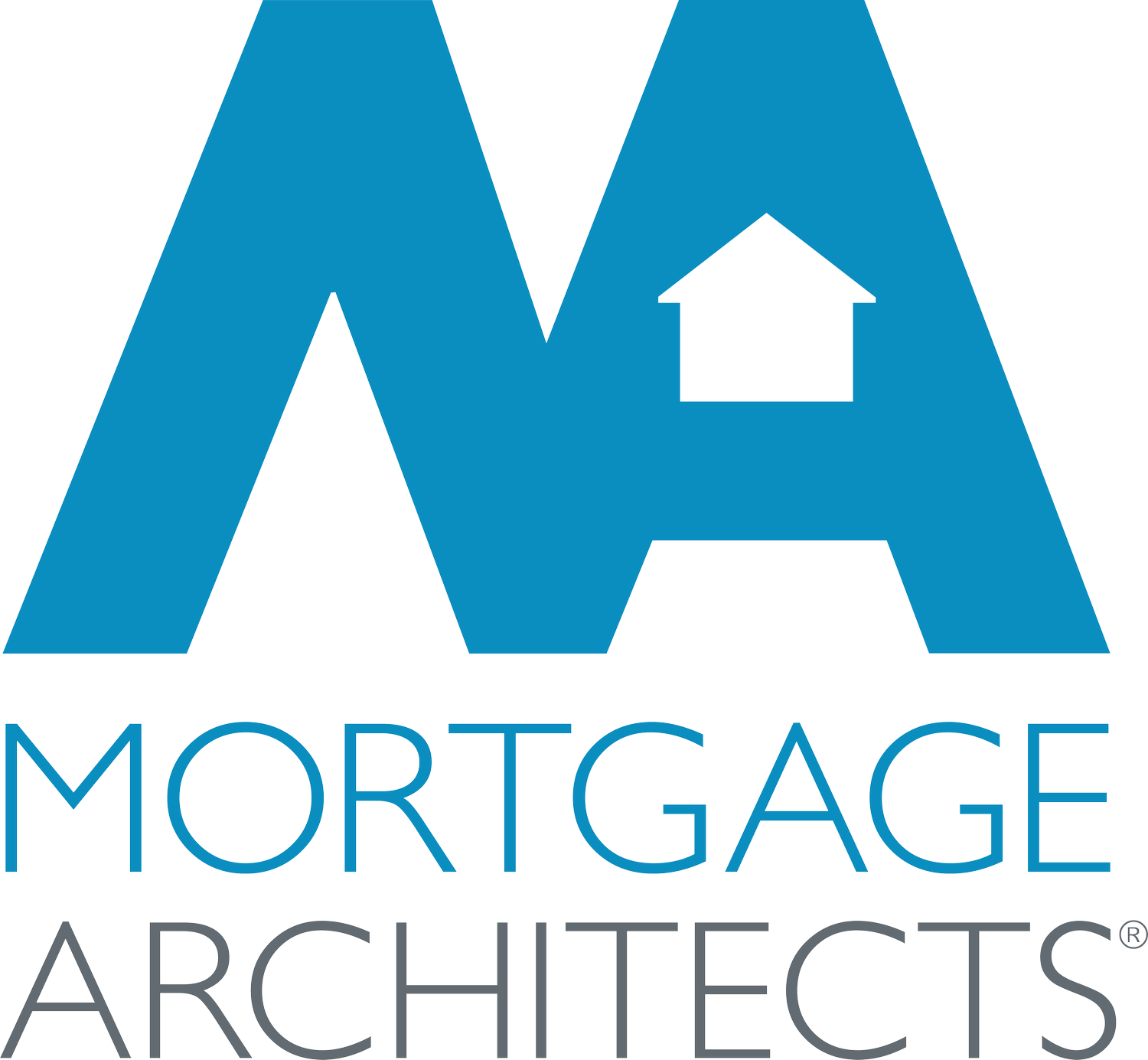Not all Rates are Created Equal!
“Why can't I get the lowest rate I see advertised online for my mortgage?" This question often pops up when your mortgage renewal is on the horizon. As your current term winds down, your lender will present a renewal offer with different terms and rates. You might notice that the rate you saw online isn't available to you, and wonder why. Well, it's important to realize that mortgage rates aren't one-size-fits-all; they vary depending on your specific mortgage type.
Understanding Mortgage Renewal Rates
Your mortgage rate is determined by the type of mortgage you hold. In Canada, mortgages are typically categorized into three main groups: Insured, Insurable, and Uninsurable. Here's what you need to know about each:
Insured Mortgages: These mortgages are designed for homebuyers with less than a 20% down payment. You're required to pay the mortgage default insurance premium, which can be added to your mortgage total. Insured mortgages typically require only a 5% down payment and offer the lowest available rates. If your original mortgage was insured and you haven't refinanced, you can likely access these favorable rates upon renewal as well. Properties valued over $1 million or with an amortization exceeding 25 years aren't eligible for insured mortgages.
Insurable Mortgages: These mortgages meet insurer guidelines but require a down payment of 20% or more. The lender covers the default insurance premium, sparing you from adding it to your total mortgage amount. Rates for insurable mortgages are good but may not match insured rates unless you have a larger down payment. If you had an insurable mortgage from the beginning and haven't refinanced, you'll have access to insurable rates upon renewal.
Uninsurable Mortgages: Conventional mortgages, typically requiring a down payment of 20% or more, fall into this category. They include properties valued over $1 million or with an amortization exceeding 25 years. Uninsurable mortgages carry higher rates due to the absence of mortgage default insurance and the greater risk to the lender. Investment properties also fall into this category although they often have even higher rates than an owner-occupied conventional mortgage would see.
It’s important to note that when you refinance your mortgage, you essentially start fresh with a new loan, potentially losing any previous rate advantages. Renewing your mortgage, on the other hand, simply extends the existing terms with current rates. Renewals offer access to insured and insurable rates, and you can even switch lenders while holding on to your lower rate privileges.
When in doubt, reach out to a professional mortgage advisor and find out which type of mortgage you have and what rates are available to you!
